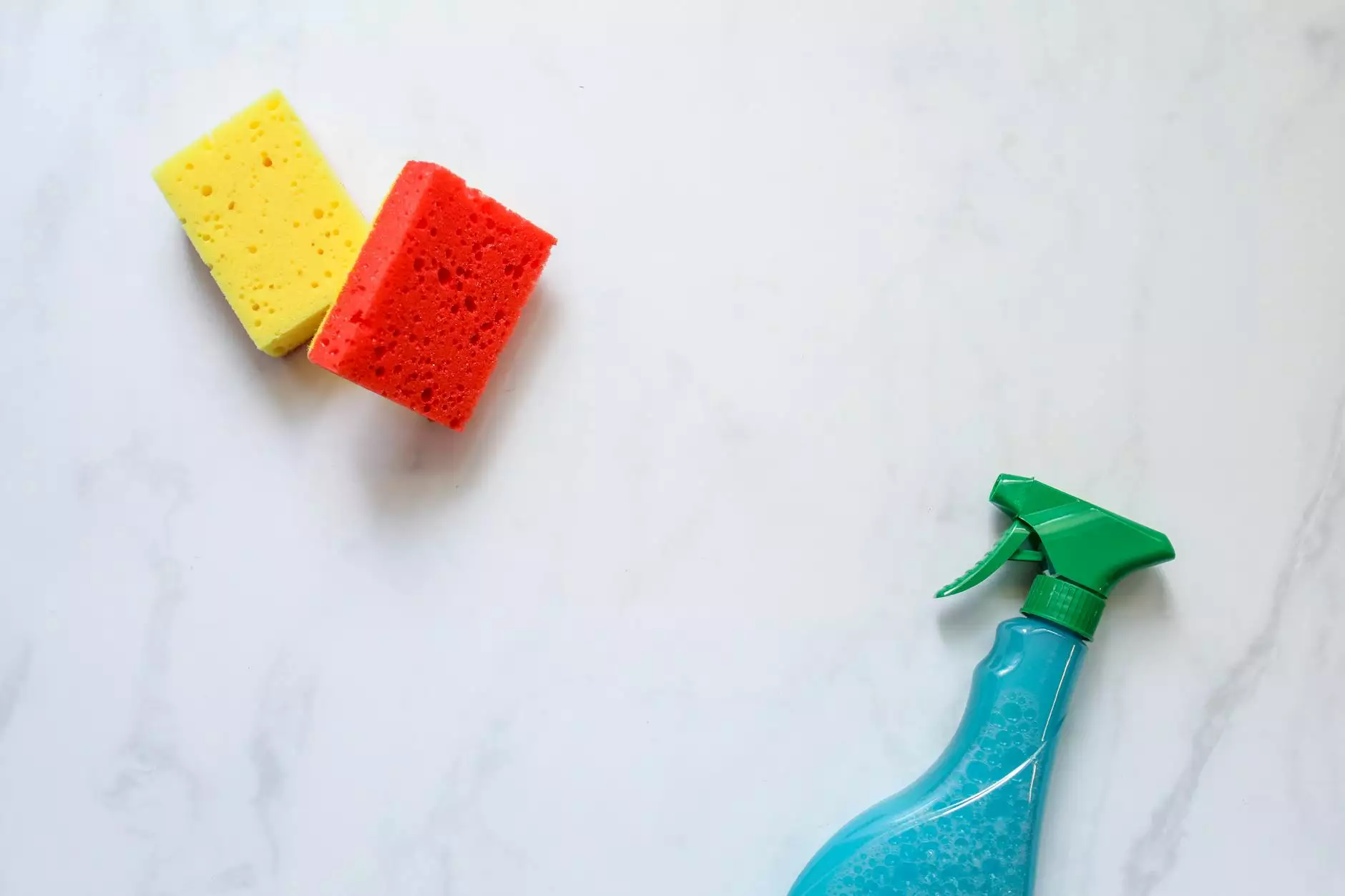Understanding Peyote: A Journey through History, Culture, and Use

Peyote, a small, spineless cactus (scientifically known as Lophophora williamsii), has captured the imagination of anthropologists, historians, and psychonauts alike. This remarkable plant, revered for its psychotropic properties, has been used for centuries by Indigenous cultures in North America for spiritual and medicinal purposes. In this article, we will explore the rich history, the cultural significance, and the modern implications of the plant, alongside practical advice on how to buy peyote responsibly.
Historical Significance of Peyote
The use of peyote dates back thousands of years. Archaeological evidence suggests that the indigenous peoples of Mexico have been using peyote for over 5,000 years. The *Huichol*, *Nahua*, and *Tarahumara* tribes, among others, have incorporated peyote into their religious ceremonies, using it as a sacrament to connect with the divine.
The Ancient Ceremonies
In these ceremonies, peyote is often consumed in large gatherings, serving as a means of spiritual awakening and healing. The *Huichol* tribe, in particular, believes that the peyote spirit guides them during their rituals. These sacred practices emphasize the importance of community, connection, and mindfulness.
Modern Understanding of Peyote
In contemporary society, the perceptions and legal status of peyote have evolved. While its use is still primarily reserved for indigenous rituals, an increasing number of individuals are seeking to explore the benefits and effects of this powerful cactus. With its psychoactive component, mescaline, peyote continues to intrigue researchers and enthusiasts in the fields of psychology, spirituality, and alternative medicine.
The Science Behind Peyote: What You Need to Know
Mescaline, the primary psychoactive chemical found in peyote, interacts with serotonin receptors in the brain, leading to vivid visual hallucinations, altered states of consciousness, and profound introspective experiences. Researchers are actively studying the potential therapeutic applications of mescaline and other psychedelics in treating conditions such as depression, anxiety, and PTSD.
Ethical Considerations: Why Responsible Discourse Matters
As interest in psychedelic substances grows, it is important to approach the topic of peyote with respect and consideration for Native American cultures. This sacred plant is often viewed as a gift from nature and a key component of cultural heritage. When considering to buy peyote, it is crucial to educate oneself on the ethical implications and to support those who practice sustainability and respect for the plant.
Supporting Ethical Sources
Purchasing peyote should always be done through ethical channels. Here are some tips on how to ensure that your purchase respects the culture and the environment:
- Research the Source: Always investigate where you are buying peyote. Look for businesses that prioritize ethical sourcing and sustainability.
- Consider the Impact: Understand the implications of your purchase on local communities and the environment.
- Support Indigenous Producers: Whenever possible, buy from Indigenous producers who uphold traditional practices.
- Educate Yourself: Engage with materials about the cultural significance of peyote to understand its role in spirituality and healing.
How to Buy Peyote: A Step-by-Step Guide
When you decide to buy peyote, make informed decisions to ensure a safe and enriching experience. Below is a step-by-step guide to help you in the process:
Step 1: Understand the Legal Landscape
Before making any purchases, familiarize yourself with your local laws regarding peyote. In the United States, the legal status varies widely. Peyote is legal for religious use by members of the Native American Church but is otherwise illegal in most contexts. Check your local regulations to avoid legal complications.
Step 2: Explore Reputable Vendors
Seek out vendors known for their ethical sourcing and respect for Indigenous practices. Websites like psychedelicplantextracts.com often have sections dedicated to educating consumers about ethical plant practices and sourcing. Look for reviews and community feedback to gauge the vendor’s reputation.
Step 3: Prioritize Quality Over Price
Quality is paramount when purchasing peyote. While prices may vary, choosing a lower-cost option might compromise on the quality or ethical practices associated with the product. Ensure you understand the differences between fresh peyote buttons and dried options before making your purchase.
Step 4: Consider Alternatives
If obtaining peyote proves difficult or illegal in your area, consider exploring other legal paths to similar experiences through complementary psychedelics that may be available and legal in your jurisdiction. Always conduct thorough research.
Potential Benefits of Peyote
The exploration of peyote is often centered on its psychoactive effects, but it is essential to address its potential benefits that have been recognized both historically and in modern contexts:
Spiritual Awakening and Connection
As many users claim, peyote can foster profound spiritual insights, enabling individuals to connect with a deeper sense of self and the universe. This spiritual awakening emphasizes the importance of introspection and mindfulness in today’s fast-paced world.
Therapeutic Potential
Emerging research suggests that psychedelics, including mescaline found in peyote, may hold the key to treating various mental health conditions. Clinical studies indicate promising results when mescaline is used in a controlled setting, particularly for disorders related to anxiety and depression.
Fostering Community and Empowerment
The ceremonies surrounding peyote use often emphasize community bonding and support, providing a space for collective healing. These gatherings can empower individuals and foster a deeper connection with both community members and their cultural heritage.
Conclusion: The Future of Peyote and Its Legacy
As interest in psychedelics grows, the future of peyote will depend on a balance between respecting traditional practices and modern exploration. This sacred plant has the potential to offer healing and enlightenment, but it is imperative to do so with caution, care, and ethical consideration.
In conclusion, if you are considering to buy peyote, approach the process with reverence and education. Engage with reputable sources, respect local laws, and immerse yourself in the rich cultural traditions associated with this enigmatic cactus. We invite you to explore the offerings at psychedelicplantextracts.com, where you can find ethically sourced products and more information on the fascinating world of peyote.









